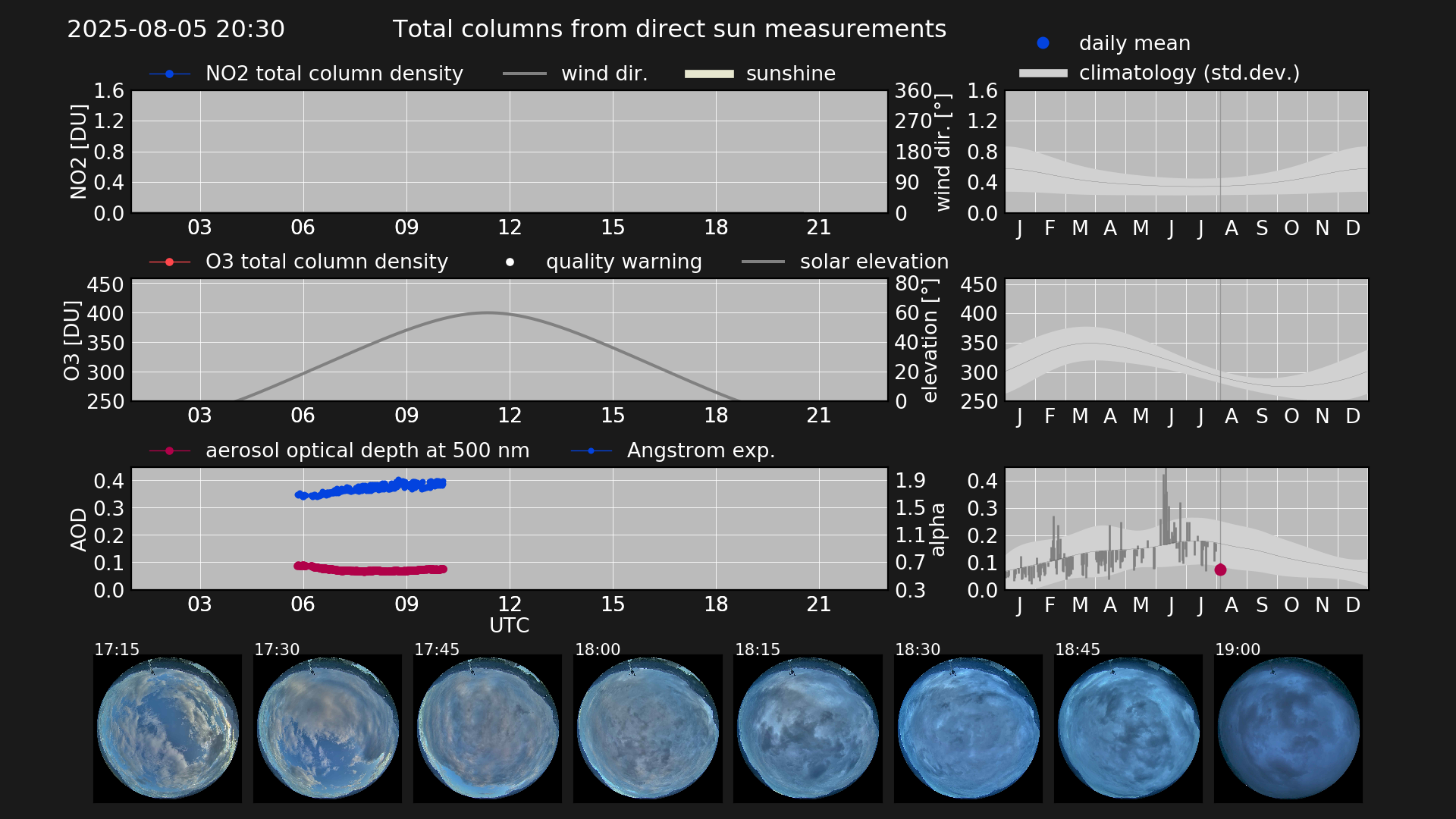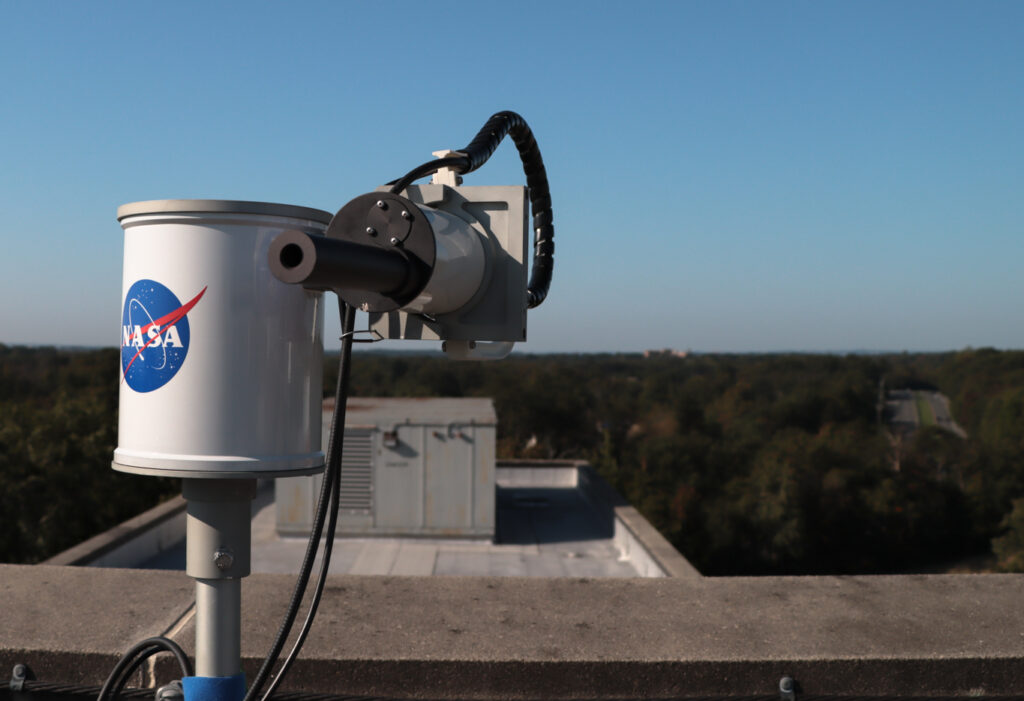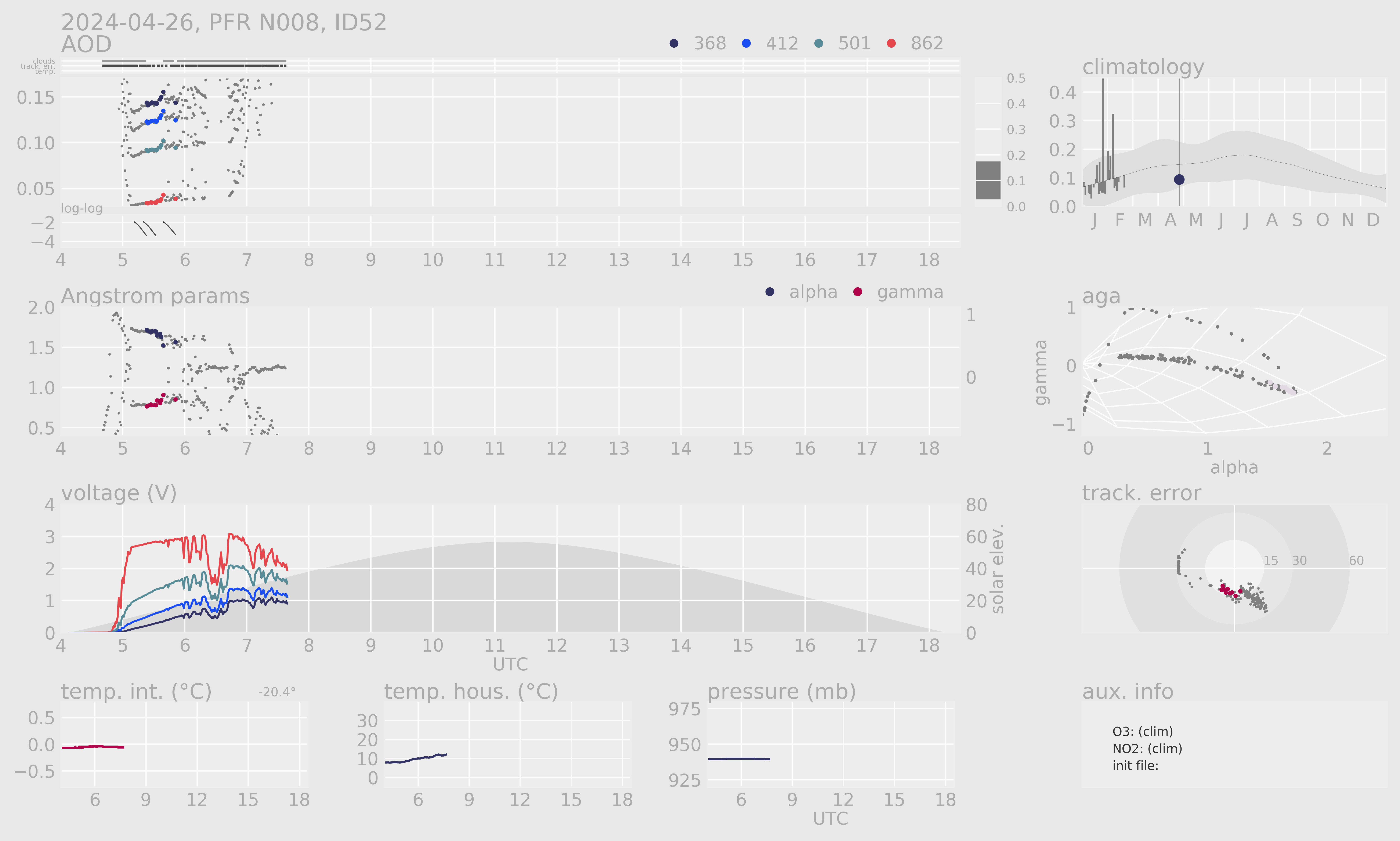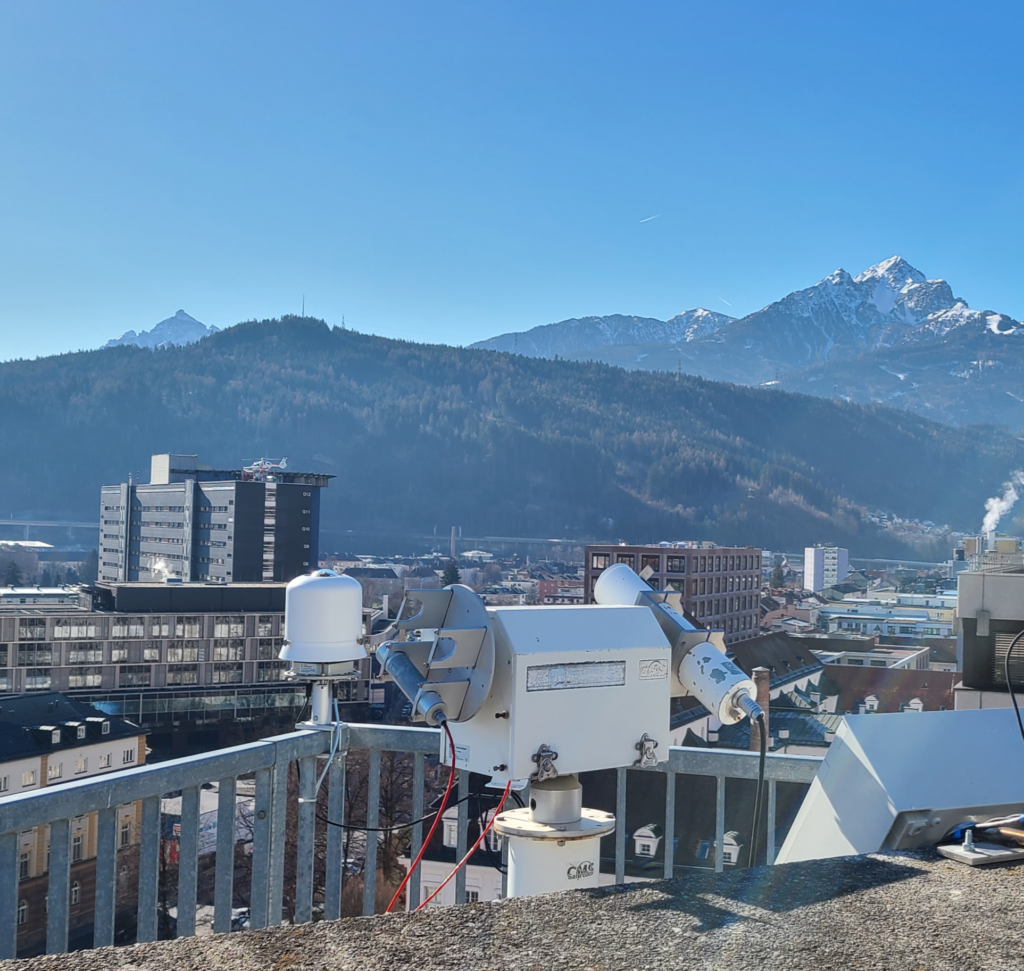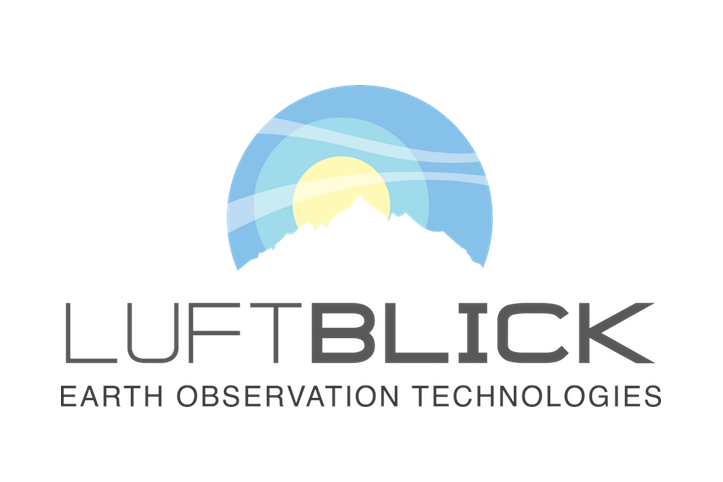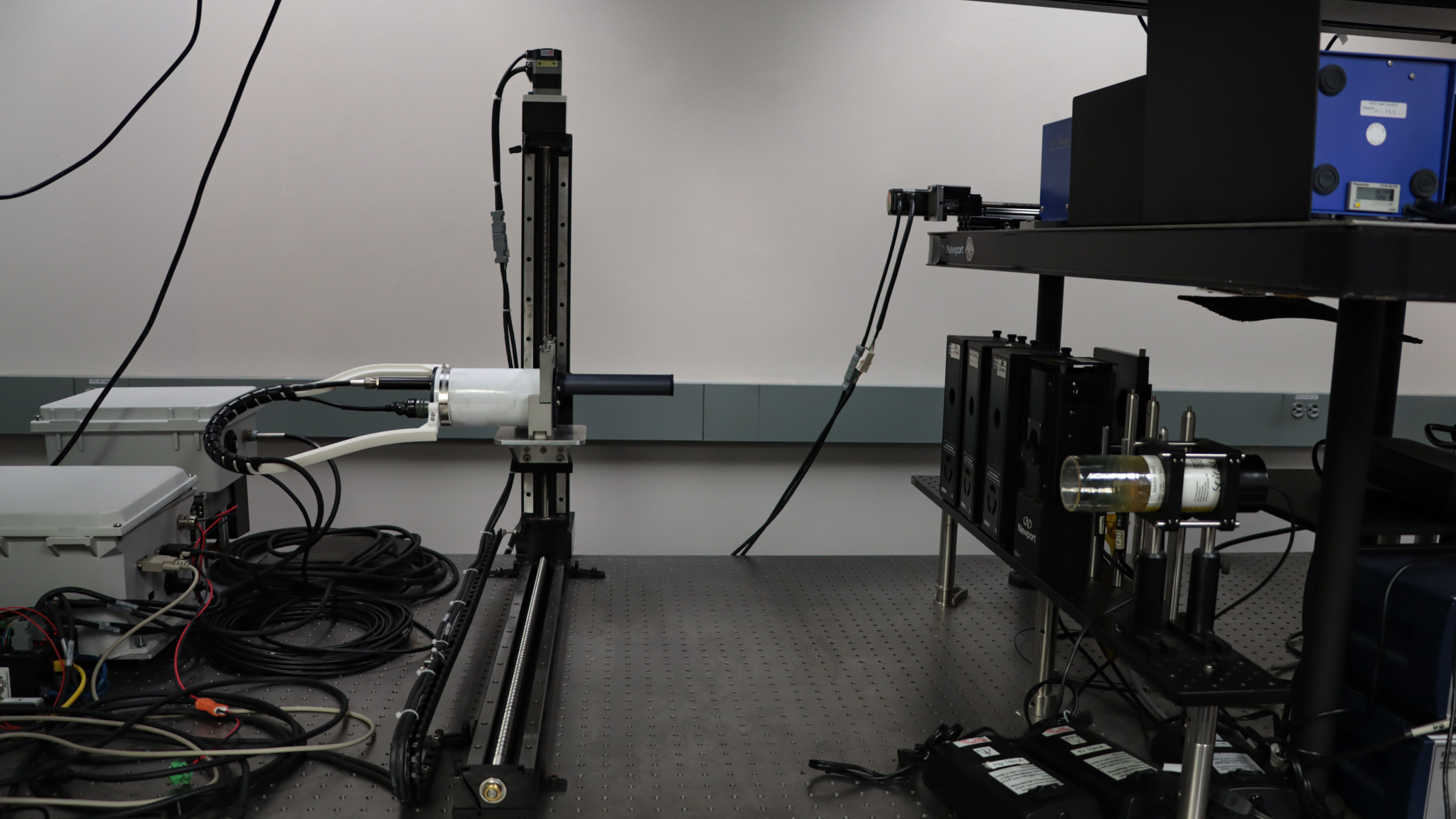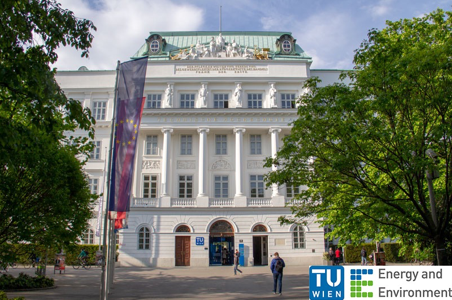ABOUT US
ACTRIS Austria has been established in 2017. Since 2018 it has received support by the Austrian Federal Ministry of Education, Science and Research (BMBWF) to participate in the Interim Actris Council which has been set up to prepare, discuss and approve strategic issues for establishing ACTRIS.
The ACTRIS ERIC research infrastructure was officially founded in May 2023 and Austria was involved as a founding member and has therefore been represented by a delegate in the General Assembly ever since.
ACTRIS - AT news
ACTRIS - AT laboratories
ACTRIS General Assembly (GA)
Date: May 28-29, 2024
Location: Vienna, Austria
Summer School "Basic Aerosol Science 2024", Vienna
Date: July 7 -13, 2024
Location: Vienna, Austria
More InfoACTRIS AT Annual meeting
Date: October 2024 (Tentative)
Location: Vienna, Austria (Tentative)
ACTRIS week
Date: November 4 - 8, 2024
Location: tbd
